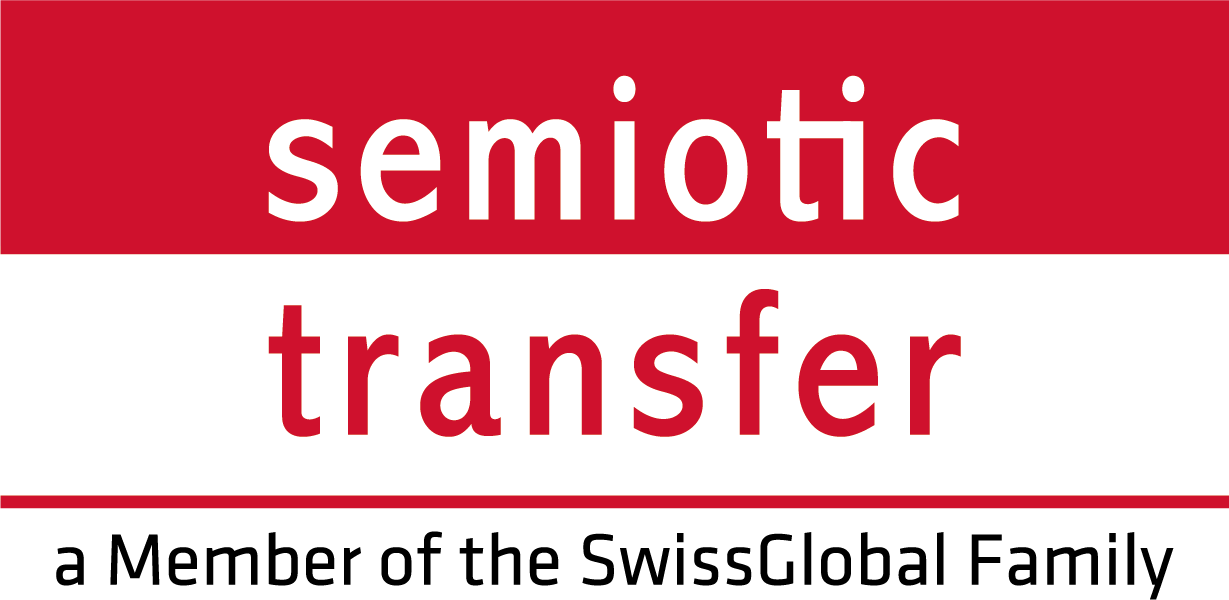What are the key needs and trends in the automotive industry in 2024? And what does this mean for translations specifically tailored for this industry? This article gives you the most important insights.
Technology and sustainability are the key trends driving the automotive industry at the moment.
Forecasters report that the end of the microchip shortage will see an increase in vehicle supply, with production returning to pre-pandemic levels. On top of this, falling inflation levels worldwide will make buying a vehicle a more affordable option, leading to more sales.
5G is also expected to have a huge impact in 2024, both in the way smart factories use it for improved automation and efficiency, and its use as part of in-car experiences for better infotainment and navigation systems. There is a growing emphasis on providing a seamless, integrated experience and we are seeing a shift in the way technology is used in car design – cars are becoming part of a “connected living solution”, linking our vehicles with our houses, workplaces and beyond.
Since road transport represented 11.9% of global greenhouse gas emissions in 2016, the automotive industry is under pressure from society and policymakers to find a more sustainable model. It’s therefore positive news that global sales of passenger electric vehicles are expected to increase by 21% in 2024 to 16.7 million.
But sustainability isn’t just about the emissions of the vehicles themselves; it also means making changes along the entire supply chain and to the whole manufacturing process. We will gradually see changes implemented throughout the sector’s value chain that will further develop circular economy processes, as currently only 32% of the supply chain contributes to the circular economy.
So why does the automotive industry need language services?
We’re talking about a globalised industry that requires communication between suppliers around the world who all speak different languages. To ensure a seamless operation and flow of ideas, these companies require clear and accurate translations. This is particularly true of today’s EV market, with China contributing 60% of global sales. For a rapidly growing sector spanning multiple continents, language services are vital.
The international stakeholders requiring translations range from car manufacturers to suppliers of components, whether that’s engine parts, electronics or EV batteries. Effective translations are needed at a national level, too, including by fleet management companies, local distributors and service and repair workshops.
Translations in this sector often combine technical and commercial aspects. The documents to be translated range from vehicle manuals, technical data sheets and safety instructions to sales catalogues and marketing materials, each requiring translators with a very particular skill set.
Why should I choose an industry-specific translation?
It all comes back to the two major themes of technology and sustainability. Specialist translators combine their technical expertise and/or marketing experience with linguistic knowledge to create an accurate and clear version of your document in the desired language.
Technology also comes into play here as part of the translation process, with the use of translation memory technology to add efficiency. In highly technical texts such as manuals, a translation memory can ensure that terminology is used accurately and consistently.
Investing in a specialised translation is a sustainable choice when it comes to your budget, ensuring you receive a reliable service that doesn’t disappoint. Choosing a specialist in the automotive industry rather than a middle-of-the-road translation provider means you avoid the risk of errors, inaccuracies and, ultimately, the need to get your text retranslated later on.
What should I look for in a translation services provider?
Professionalism – translations should always be carried out by qualified professionals working into their native language. If you choose SemioticTransfer as your translation provider for automotive translation, we ensure that your documents are handled by translators with the necessary industry expertise and linguistic skills.
Quality – vehicle manufacturing has to follow strict quality assurance standards and the translation process is no different. SemioticTransfer is ISO-certified for its quality assurance procedures, which guarantees that you will receive a reliable translation that has been thoroughly quality-checked.
Security – translations for the automotive sector often include trade secrets and sensitive information, so you need to be sure these are treated with the utmost confidentiality. A specialised translation provider has robust security measures in place to guarantee this. For example, all data processed by SemioticTransfer is hosted in Switzerland by an ISO 27001-certified IT partner.
The automotive sector is a fast moving industry currently shaped by innovations in technology and sustainability. It requires clear communication between key players across the globe to ensure that operations run smoothly. Choosing SemioticTransfer means you benefit from our team’s technical knowledge and linguistic expertise to help keep your business moving forwards. Interested in finding out more about our automotive translations? Send us a message here or give us a call on + 41 56 470 40 40.

